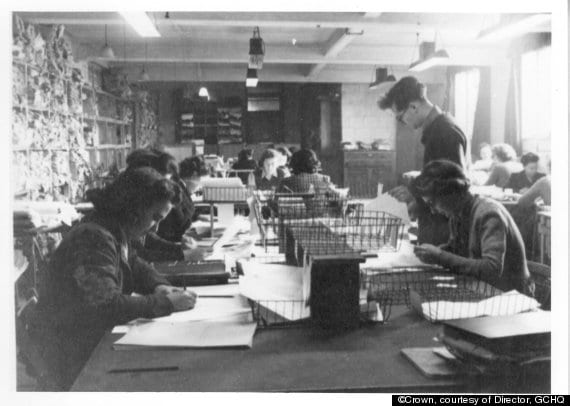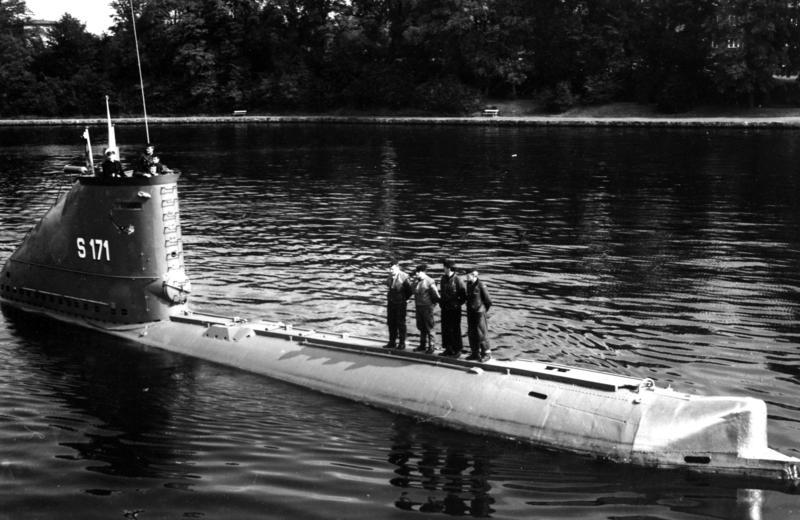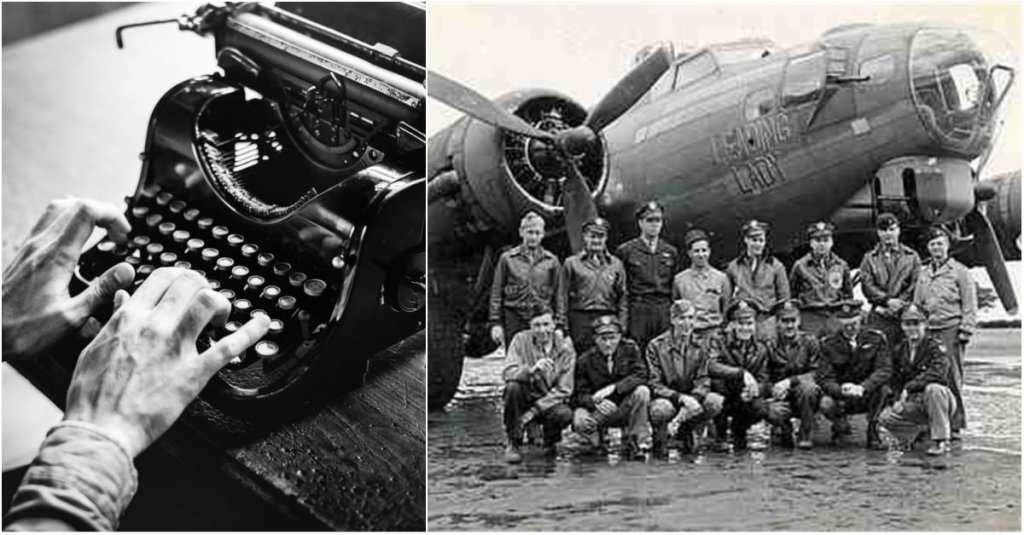Trending Now
As World War II raged across Europe, the British knew they had to get the best and brightest minds involved in the war effort if they and their Allies were to be victorious. That’s why a man named Geoffrey Tandy was a bit taken aback when he was summoned by the Ministry of Defence in 1939.
Tandy was a volunteer in the Royal Navy Reserves, but his regular job was as a cryptogamist for the National History Museum. Cryptogamists study algae, and Tandy wasn’t sure where he fit in with the war effort. Tandy then guessed that the Ministry had made a mistake and confused his job with a cryptogramist—a codebreaker. Tandy was pretty much useless to the Ministry and didn’t do much at all for two years until 1941, when something miraculous happened.

Photo Credit: Wikipedia
That year, the Allies torpedoed and sank a number of German U-boats. Among the wreckage, detailed instructions about how to unscramble messages for the German Enigma Machine were found.

Photo Credit: iStock
There was one problem: the papers with the instructions were waterlogged and needed to be restored in able to be deciphered and put to use. The Ministry needed a person who was proficient at drying out damaged materials that were waterlogged. Tandy had been trained in preserving algae in exactly that manner, and his two years of relative quiet were about to come to an end.

Photo Credit: Wikipedia
Tandy used absorbent materials to dry out the papers until they were able to be read. The information was used to crack German codes and Allied forces got inside information about their opponent’s war strategies. It’s estimated that the cracked codes caused the war to end earlier than it might have otherwise, and likely saved millions of lives. It’s uncertain how exactly Tandy ended up at his post, if it was a typo or someone misread the spelling of his position. Either way, the misunderstanding turned out to be a godsend for the Allied forces.






